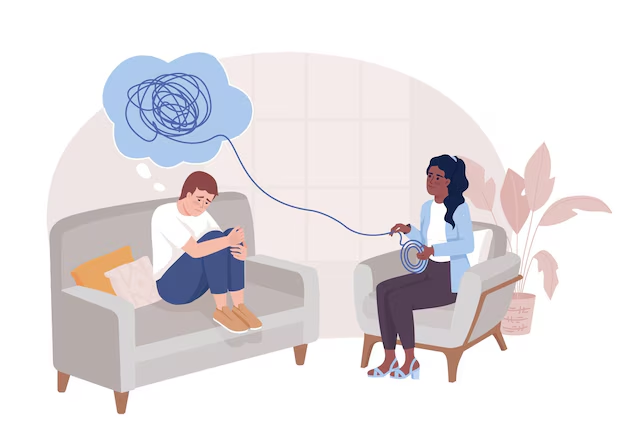Hello there! Let’s talk about something very important—your child’s mental health. Many times, children don’t have the words to express what they’re going through, but their actions and emotions can tell us a lot. As parents, teachers, and caregivers, it’s our job to notice these signs and support them.
Warning Signs to Watch For
Here are some common signs that might mean your child is struggling:
1. Mood Swings
Does your child seem to have frequent emotional changes, like going from happy to sad or angry very quickly? This could be more than just a phase.
2. Social Withdrawal
Are they avoiding their friends or family? Maybe they’re not interested in activities they used to love.
3. Drop in School Performance
Have you noticed lower grades or a sudden lack of interest in schoolwork? This is often a sign of deeper issues.
4. Sleep or Appetite Changes
Is your child struggling to sleep, sleeping too much, or eating a lot more or less than usual?
5. Constant Worry or Fear
Do they seem overly anxious or scared about things that might not usually bother them?

6. Aggressive or Defiant Behavior
Are they having unexplained outbursts or acting more irritable than usual?
7. Self-Harm or Suicidal Thoughts
This is a serious warning sign. If you notice any signs of self-harm or hear them talk about hurting themselves, seek professional help immediately.
8. Physical Complaints
Is your child complaining about headaches, stomachaches, or other physical symptoms without any clear cause?
9. Substance Use
Have you noticed them experimenting with drugs or alcohol? This could be a way they are trying to cope.
10. Difficulty Concentrating
Are they struggling to focus on tasks or forgetting things more often than usual?

Why Early Intervention is Crucial?
If your child shows any of these signs, don’t wait to take action. The earlier you address mental health concerns, the better the outcome. Children who get help early can learn to manage their emotions and build resilience.
Here’s what you can do to help:
Steps to Support Your Child
1. Talk to Them
Start by creating a safe space for them to open up. Ask questions like, “How are you feeling today?” or “Is something bothering you?” Be patient and listen without judging.
2. Get Professional Help
If the signs persist, it’s time to consult the best psychiatrist in Palanpur or a mental health doctor in Palanpur. A professional can guide you with a proper diagnosis and treatment plan.
3. Learn About Mental Health
The more you know, the better you can help. Read about common mental health challenges in children to understand what they might be going through.

4. Encourage Healthy Habits
Help your child maintain a balanced diet, stay active, and follow a regular sleep routine. These small changes can have a big impact on mental health.
5. Limit Screen Time
Keep an eye on how much time they spend online and what they’re watching. Social media can sometimes make anxiety or sadness worse.
6. Be Patient
It’s not always easy for children to talk about their feelings. Let them know it’s okay to feel what they’re feeling and that you’re there for them.
7. Work with Teachers
Stay in touch with your child’s school. Teachers can often spot issues that you might not notice at home.

How a Doctor Can Help?
Mental health professionals play a key role in helping children overcome challenges. Here’s how they can support you and your child:
1. Diagnosis
A psychiatrist or mental health doctor will carefully assess your child’s symptoms and history to understand what’s going on.
2. Therapy
Counseling or therapy sessions can help your child learn how to manage their emotions and cope with stress. Techniques like Cognitive Behavioral Therapy (CBT) are especially effective.
3. Medication
In some cases, medication may be necessary to manage symptoms like anxiety or depression. Always trust a professional like the best psychiatrist in Palanpur for this.
4. Family Support
Many doctors offer family counseling to help everyone in the household work together to support the child.
5. Follow-ups
Regular visits will help track your child’s progress and adjust the treatment plan if needed.

Breaking the Stigma
Mental health is often misunderstood, but it’s just as important as physical health. Here’s how we can break the stigma:
1. Talk About It: The more we talk about mental health, the more normal it becomes.
2. Educate Others: Share what you’ve learned with friends and family.
3. Encourage Help: Remind others that seeking help from a mental health doctor in Palanpur is a smart and brave decision.
Final Thoughts
Your child’s mental health matters. If you notice something isn’t right, don’t ignore it. Take the first step by talking to them and reaching out to a professional. With the right help and a supportive environment, your child can overcome their struggles and thrive.
Remember, consulting the best psychiatrist in Palanpur or a mental health doctor in Palanpur is not just an option—it’s the best way to ensure your child’s well-being.

